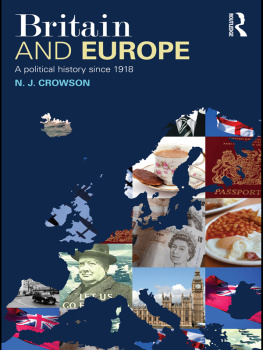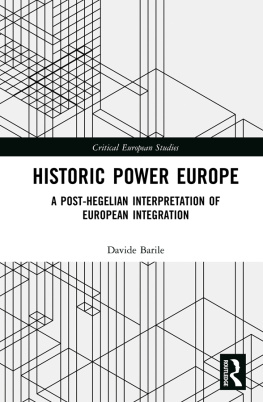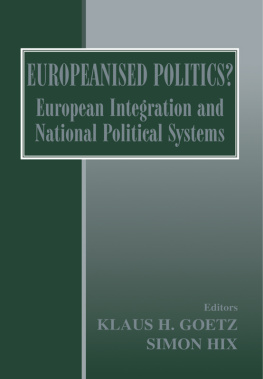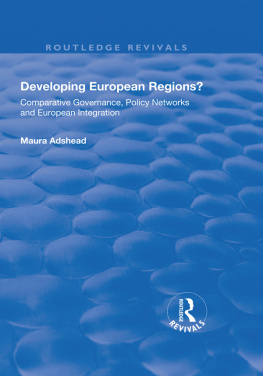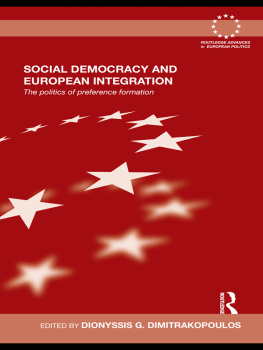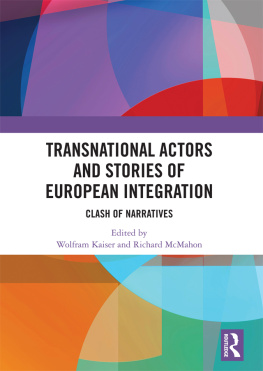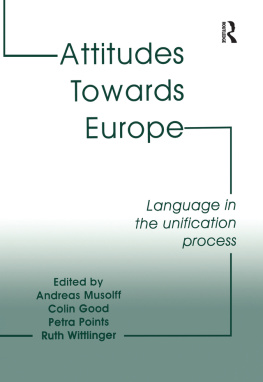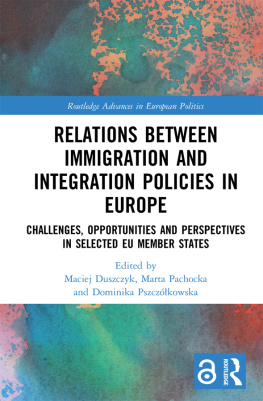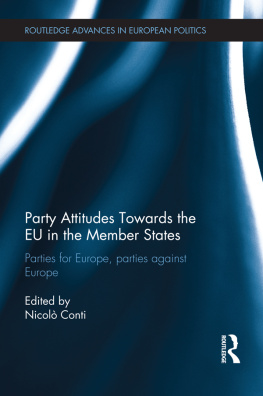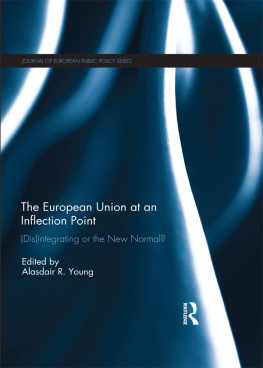European Stories:
Intellectual Debates on Europe
in National Contexts
- Great Clarendon Street, Oxford OX2 6DP
- Oxford University Press is a department of the University of Oxford.
- It furthers the University's objective of excellence in research, scholarship,
- and education by publishing worldwide in
- AucklandCape TownDar es SalaamHong KongKarachi
- Kuala LumpurMadridMelbourneMexico CityNairobi
- New DelhiShanghaiTaipeiToronto
- ArgentinaAustriaBrazilChileCzech RepublicFranceGreece
- GuatemalaHungaryItalyJapanPolandPortugalSingapore
- South KoreaSwitzerlandThailandTurkeyUkraineVietnam
- Oxford is a registered trade mark of Oxford University Press
- in the UK and in certain other countries
- Published in the United States
- by Oxford University Press Inc., New York
- The several contributors 2010
- The moral rights of the authors have been asserted
- Database right Oxford University Press (maker)
- All rights reserved. No part of this publication may be reproduced,
- stored in a retrieval system, or transmitted, in any form or by any means,
- without the prior permission in writing of Oxford University Press,
- or as expressly permitted by law, or under terms agreed with the appropriate
- reprographics rights organization. Enquiries concerning reproduction
- outside the scope of the above should be sent to the Rights Department,
- Oxford University Press, at the address above
- You must not circulate this book in any other binding or cover
- and you must impose the same condition on any acquirer
- British Library Cataloguing in Publication Data
- Library of Congress Cataloging in Publication Data
- Typeset by SPI Publisher Services, Pondicherry, India
- Printed in Great Britain
- on acidfree paper by
- MPG Books Group, Bodmin and King's Lynn
Dedication
(p.v) To our children (p.vi)
(p.vii) Acknowledgements
Most of the research that led to this volume was sponsored by RECON (Reconstituting Democracy in Europe), a fiveyear (200711) European Integrated Project supported by the Sixth Framework Programme for Research of the European Union. Coordinated by ARENA Centre for European Studies at the University of Oslo RECON includes twentyone partner institutions across Europe and New Zealand.
Part of the research was also sponsored by the Action de Recherche Concerte Resisting Europe. Social and Political Responses to the Process of European Integration (200610) supervised at the Universit libre de Bruxelles by Professors JeanMichel De Waele, Justine Lacroix, Pieter Lagrou, and Paul Magnette.
The chapters were discussed in two conferences held in April 2008 at the Institute for European Studies, Universit libre de Bruxelles and in April 2009 at the European Studies Centre, St Antony's College, Oxford University. We would like to thank the Institute for European Studies at Universit libre de Bruxelles; St Antony's College, the Department of Politics, and the Maison franaise at Oxford University for their generous administrative or financial support. Justine Lacroix would like to thank St Antony's College for the Deakin fellowship which allowed her to spend the academic year 20089 in Oxford in order to complete the volume with Kalypso Nicoladis.
This project benefited from the invaluable comments of Timothy Garton Ash, Ian Krastev, Diane Pinto and Jan Zielonka. Our thanks also go to Gabi Maas for the scrupulous and insightful editorial help she provided throughout the whole process.
The project would not have been possible without Dominic Byatt's belief in its merits from the beginning and Sarah Parker's supportive management style. Our thanks to both of them and their support team at Oxford University Press.
Table was previously published in Chapter 8 (Framing the European Union in national public spheres) ofThe Making of a European Public Sphere: Media Discourse and Political Contention, edited by Ruud Koopmans and Paul Statham (Cambridge: Cambridge University Press, 2010).
was previously published in Chapter 4 (The public sphere and the European Union's political identity) of European Identity, edited by Jeffrey T. Checkel and Peter J. Katzenstein (Cambridge: Cambridge University Press, 2009).
Table was previously published in Framing Europe, by Juan Dez Medrano (Princeton: Princeton University Press, 2003).
(p.xii) List of Figures
Figure 1.1: European Stories: The debates
Figure 16.1: Percentages of claims with positive democracy, community of values, exclusion, and national interest frames, by country
Figure 16.2: Net valence of economic representations of the European Union, by country
Figure 16.3: Percentage of claims with a sovereignty frame, by country
(p.xiii) List of Tables
Table 2.1: 60 Public intellectuals debating Europe 20002009
Table 16.1: Mostmentioned political and media actors frames, by country
Table 16.2: Publicized political identity projects in the EU
Table 16.3: Trends in relative identification (19922004)
Table 16.4: Representations of the European Union and European integration in Germany, Spain, and Britain, by city
(p.xiv) List of Contributors
Daniel Barbu is Professor of Political Science and Director of the Graduate School of Political Science at the University of Bucharest. He has been a visiting professor at the University of Pittsburgh, at the Central European University (Budapest), and at the Institut d'Etudes Politiques of Bordeaux. He is the author of Die abwesende Republik (Berlin: Frank & Timme, 2009) and editor of Studia Politica: Romanian Political Science Review.
Antonio Barroso is a graduate student at the School of International and Public Affairs, Columbia University. He holds an MA in European Political and Administrative Studies from the College of Europe (Bruges) and a BA in Political Science and Sociology from the University of Granada. He has worked for the Centre for Sociological Research and the Centre for Political and Constitutional Studies (Ministry of the Presidency, Spain). His main research interests are EU treaty reform and EU foreign policy.
Muriel Blaive is a historian and project leader at the Ludwig Boltzmann Institute for European History and Public Spheres in Vienna, Austria. She is working in a sociopolitical perspective on the communist and postcommunist period in Central Europe, especially on Czechoslovakia/the Czech Republic. She is the author ofGrenzflle: sterreichische und tschechische Erfahrungen am Eisernen Vorhang (with Berthold Molden, Weitra: Bibliothek der Provinz, 2009), as well as of the volume Une dstalinisation manque. Tchcoslovaquie 1956 (Brussels: Complexe, 2005).
Francis Cheneval is currently Visiting Professor of Political Theory at the Universit libre de Bruxelles and Lecturer at the University of Geneva. His contribution to this volume was written during his 20089 term as Senior Associate Member at St Anthony's College, Oxford.


